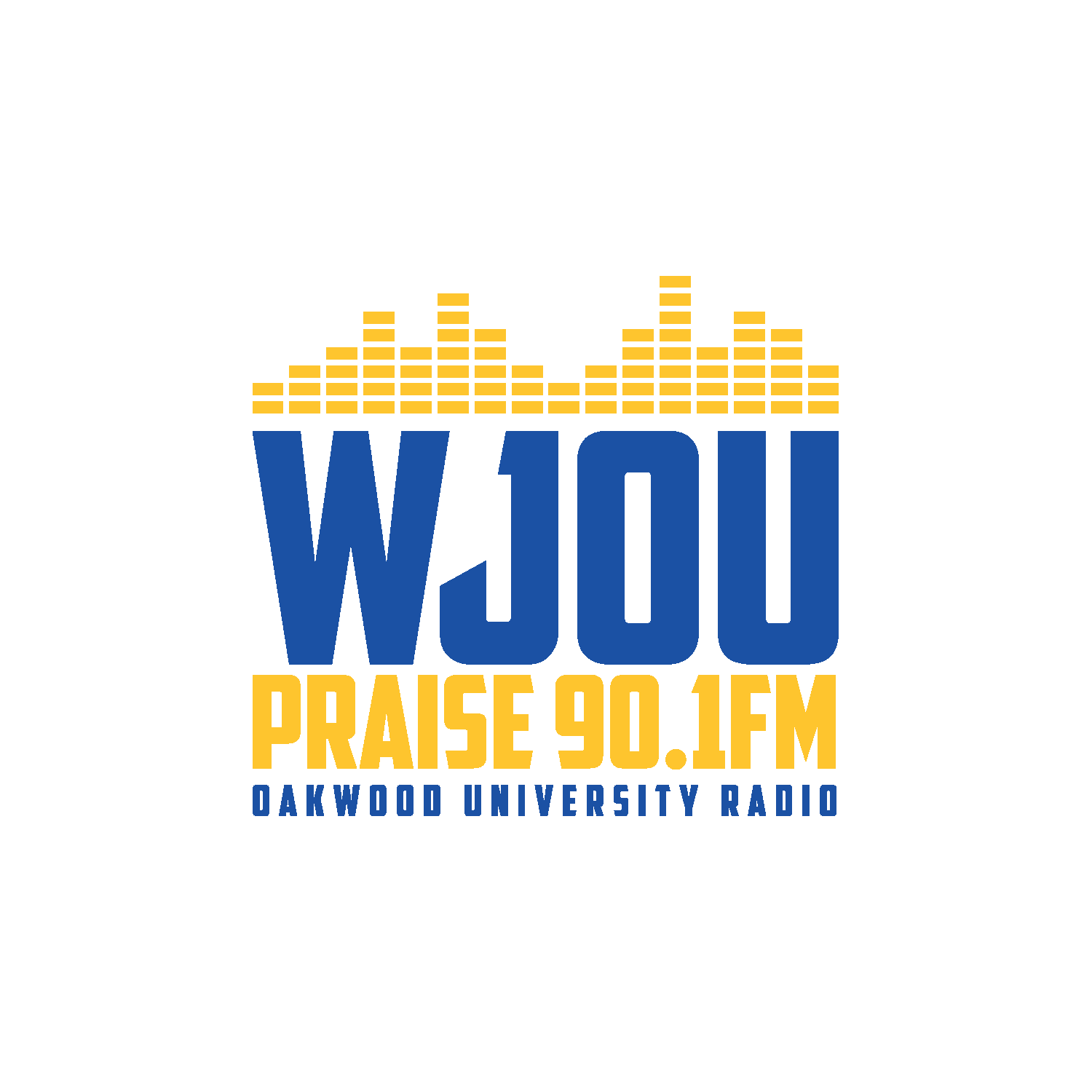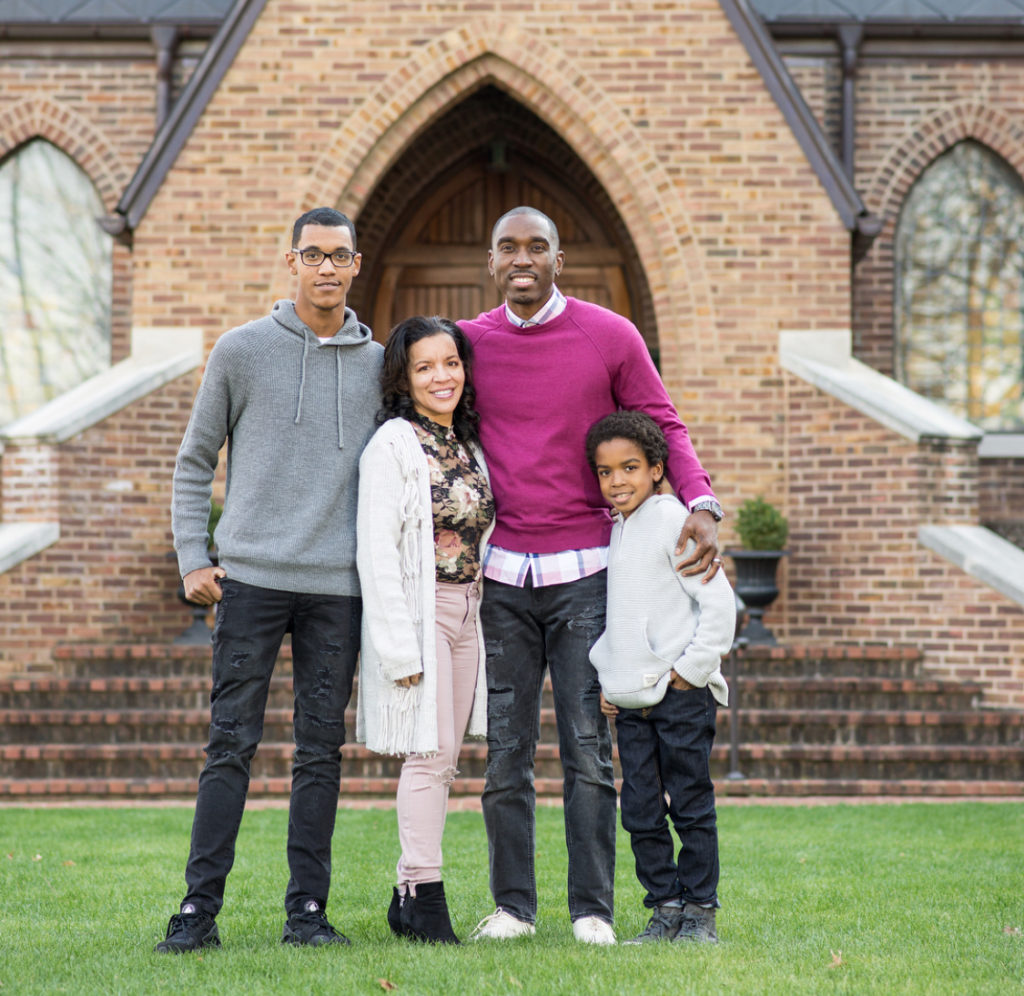A Moment in Time – June 12th, 2019
June 12, 2019
“Full Circle”
Yesterday, I shared with you the experience of attending my biological father’s funeral in his hometown in 2005. What I didn’t mention yesterday was that my father’s hometown was St. Louis, Missouri.
That’s right, Ronald Burruss—a man I only saw twice in my life—was from St. Louis, Missouri—the same Missouri where I now serve as a tenured professor at the flagship university of the state—The University of Missouri. What’s the chances of that?!
As I overlook the iconic pillars on the University of Missouri campus from my 2nd-floor office window, I can’t help but wonder if I ever would have graced this campus had I been raised by my biological father and family in St. Louis. I might easily have attended the same schools as Michael Brown, in the Normandy School District, and I often wonder if I would be a professor at the flagship institution of the state if I had grown up on Natural Bridge Road in St. Louis rather than on Ord Road in Bermuda, with pink sand and blue water nearby. The underrepresentation of Black male faculty from the state of Missouri on my campus would suggest that the answer is likely “no.”
But there is more to this “full circle” reconnection with my father’s state. I told you yesterday that my father was supposed to be a pastor, yet he got caught up in lifestyle challenges that at times left him homeless. Notably, I didn’t embrace the call to pastoral ministry until I arrived in this state. This space—this state—was the terrain where God opened my eyes to this call on my life. In addition to engaging in the requisite writing, pushing, teaching and mentorship of students required to succeed at a research 1 university, God has blessed me with the opportunity to lead the planting of Salt City Church in my father’s state, a church that seeks to reach people like my father who occupy spaces like the local parks in the urban core of the city. There’s something powerful about geographic space.
Have you considered recently the significance of the terrain you currently occupy? Why does God have you in Huntsville, Madison, Harlem, or Minneapolis? Why are you there? Have you learned what you were supposed to learn there? Have you fulfilled your assignment? Perhaps it’s time for you to cross borders and take what you have learned to another city that needs you now.
Undoubtedly, the tragic and untimely death of Michael Brown in Ferguson, in addition to those of Freddie Gray in Baltimore, Tamir Rice in Cleveland, and the numerous other Black men and women whose lives have been taken prematurely by law enforcement, suggest that negotiating race, place, and complex space can be a matter of life and death for Black males. Certainly, the uprisings in cities like Ferguson, and Baltimore have incited heated debate, reawakened fears, and exposed the naiveté of those who believe(d) we live in a postracial society.
In many spaces where I function, racial tensions are as palpable and obvious as the reality that the average citizen has no idea how to reasonably respond. I define a “reasonable response” as thoughtfully urgent, culturally and critically grounded engagement that accounts for and draws on the best of what we know (research), the core of who we are (mesearch), and the needs and histories of those we serve (wesearch). I have been sharing “mesearch” with you for the last week, as I have been unpacking my journey as a model of the type of reflection you may want to consider in your own faith journey.
Sadly, it has become apparent to me that many administrators and leaders in Congress, colleges, churches, classrooms, and community organizations are not only unsure how to respond to the current racial and political climate; most are also unwilling to engage or uncomfortable with engaging in meaningful and healthy conversation about privilege, race, and racism. This means they are unprepared and unable to take meaningful and thoughtful action, in ministry, teaching and activism. While I do not claim to have all the answers, I do
have a responsibility to respond in word, deed, action, and any other medium that can positively impact those with whom I have influence and access. I also have a responsibility to challenge you to do the same.
So what does coming “full circle” look like for you? For Moses, it looked like going back to Egypt to liberate his people from bondage. For me, it meant being led to Missouri to raise up only the second Adventist church in our city of 120,000 people and the only SDA church in our area with an explicit focus on the urban core and African American community. May be it’s time for you to leave an Adventist mecca like Huntsville and go somewhere that will stretch you and demand that you share what you already know with a new city or community. I can’t tell you exactly where your journey will lead you, but I want to encourage you to go vertical and ask Daddy to direct you to a space where you can, in the words of Eric Thomas, “get to the spot,” come “full circle,” and help others to cross borders.This is Dr. Ty Douglas, author of Border Crossing Brothas, and I want to invite you to experience SALT—So Amazing Life Today; it’s available to each of us, in Christ.
You can reach Dr. Ty at www.DrTyDouglas.org and follow him at @DrTyDouglas.
Link to purchase Border Crossing Brothas: https://www.amazon.com/Border-Crossing-«Brothas»-Navigating-Critical/dp/1433135388



